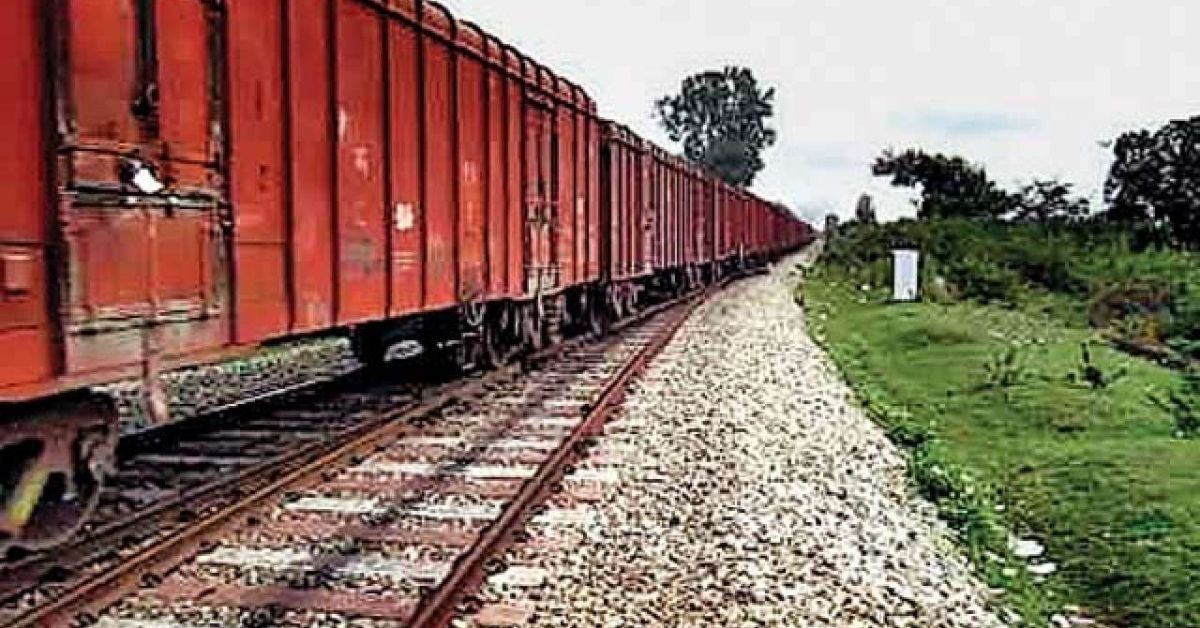Jupiter Wagons, a provider of comprehensive mobility solutions encompassing rail, road and marine transportation is proud to announce the successful acquisition of a significant contract from the Ministry of Railways. The company has been entrusted with the manufacturing and supply of 4000 BOXNS wagons, marking a groundbreaking development in the railway industry.
The esteemed contract, valued at a staggering Rs. 1,617 Crores, underscores Jupiter Wagons‘ commitment to delivering top-notch railway solutions to meet the evolving needs of the Indian Railways.
The order specifically entails the production of 4000 BOXNS wagons, classified as BG Bogie Open Wagon type. These wagons boast a maximum axle load capacity of 25 tons, ensuring robust performance under varying freight conditions. The wagons exhibit a maximum speed of 86 kmph when empty and 45 kmph when loaded, ensuring efficiency and safety in transit.
Mr. Vivek Lohia, Managing Director, Jupiter Wagons, expressed his enthusiasm about the significant milestone, stating, “We are honored to be entrusted with this substantial contract by the Ministry of Railways. This achievement not only highlights our manufacturing prowess but also reinforces our commitment to contributing to the nation’s railway infrastructure development. We are ready to leverage our expertise and resources to deliver these wagons, ensuring they meet the highest standards of quality and performance.”
Jupiter Wagons remains dedicated to supporting the nation’s railway modernization efforts and looks forward to playing a crucial role in the realization of the government’s visionary goals.
Jupiter Wagons’ successful bid aligns seamlessly with the Government of India’s ambitious plan to bolster the share of Indian Railways‘ freight traffic. This strategic initiative is a pivotal step toward achieving the government’s overarching goal of procuring a substantial number of wagons. The recent tenders awarded are integral components of Indian Railways‘ long-term strategy to elevate the share of freight traffic carried by rail from the existing 27 percent to an impressive 45 percent by the year 2030.






